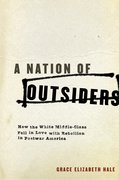The gods are on Twitter
I’ve been seeing gods everywhere lately. Not gods like Thor, Ganesha, and God. My cinnamon rolls have been deity-free, if not gluten-free. It’s lexical gods I can’t seem to escape. Everywhere I look someone is thanking, cursing, or begging some specific group of supreme beings. For example, I’ve recently spotted the following religious invocations: • […]















